Top Class Actions’s website and social media posts use affiliate links. If you make a purchase using such links, we may receive a commission, but it will not result in any additional charges to you. Please review our Affiliate Link Disclosure for more information.
Chicago Residents File Class Action Lawsuit over Toxic Dust
By Anne Bucher

Four plaintiffs, led by Lilly Martin, filed the class action lawsuit against KCBX Terminals Co., George J. Beemsterboer Corp., Transload Realty, DTE Chicago Fuels Terminal, Calumet Transload Railroad and Koch Carbon, claiming that the dust from their waste sites are diminishing their property values as well as creating a fire and health hazard.
According to the Koch Industries class action lawsuit, huge quantities of coal and petroleum coke, also known as “petcoke,” are “maintained in sprawling, uncovered piles up to five-stories high at three nearly adjacent storage and transfer terminals along the Calumet River currently or formerly owned, operated, controlled, and/or maintained by Defendants.” The plaintiffs claim that “fugitive dust” from these sites blow into the air and land on their property, coating their homes, property and vehicles in toxic dust.
Petcoke is a byproduct of the petroleum refining process, and can cause significant health problems. In their class action lawsuit, the plaintiffs claim that they are unable to escape the petcoke dust in their neighborhoods. Despite repeated complaints, the plaintiffs claim that the defendants have not taken any steps to address their concerns or stop the toxic dust from entering their neighborhood. “However, Defendants have refused and continue to refuse to take adequate corrective measures, such as covering or enclosing their piles of coal and petcoke, which would prevent dust from being carried off those piles and contaminating the real and personal property” of residents, the class action lawsuit said.
Unlike other facilities that take measures to fully or partially enclose their coal and petcoke piles, the plaintiffs allege that the defendants “simply spray the piles of coal and petcoke with wet suppression equipment (i.e., sprinklers spraying the piles with water and possibly a surfactant solution).” According to the class action lawsuit, these efforts are insufficient to prevent the toxic dust from blowing onto their property.
Due to the toxic dust, the plaintiffs allege that they are required to spend time and money cleaning and replacing their damaged property. They claim that their homes and vehicles are covered in black dust. Further, due to fear of respiratory illnesses and other health conditions related to exposure to the dust, the plaintiffs claim they have been forced to remain indoors and are unable to enjoy their property for outdoor barbecues and other social events. Not only does the dust affect the outside of their property, the plaintiffs also allege that the dust is “drawn into their homes through windows, vents, chimneys, air conditioners, and doors, and is tracked in their homes through the entry of people and pets into the home,” the class action lawsuit said.
The plaintiffs claim that the amount of petcoke stored at the defendants’ sites has skyrocketed recently and is expected to continue to increase. The plaintiffs claim they have repeatedly complained to the U.S. Environmental Protection Agency, the Illinois Environmental Protection Agency, the City of Chicago and other agency, as well as to the defendants.
The plaintiffs filed their class action lawsuit, bringing claims for nuisance, trespass and negligence against the defendants. They are also seeking an injunction to force the defendants to take measures to stop the dust from blowing onto their property.
The plaintiffs are represented by Thomas A. Zimmerman Jr., Adam M. Tamburelli and Frank J. Stretz of Zimmerman Law Offices PC.
The Chicago Toxic Dust Class Action Lawsuit is Lilly Martin, et al. v. KCBX Terminals Co., et al., Case No. 13CH24614, in the Circuit Court of Cook County, Illinois.
UPDATE: The Chicago Coal Dust Class Action Lawsuit Settlement is now open! Click here to file a Claim Form or visit https://eclaim.kccllc.net/caclaimforms/cux/home.aspx for more details.
All class action and lawsuit news updates are listed in the Lawsuit News section of Top Class Actions



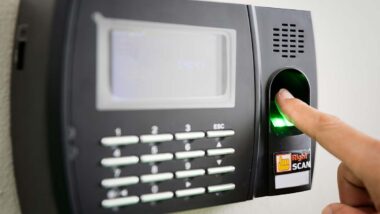


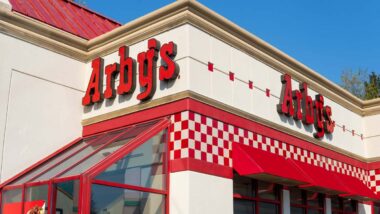


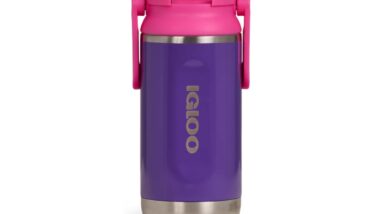



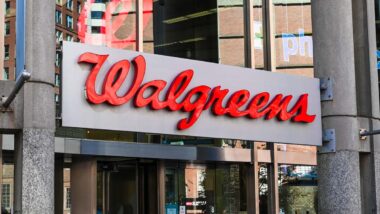
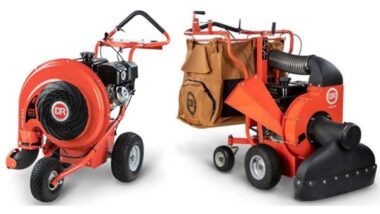
One thought on Chicago Residents File Class Action Lawsuit over Toxic Dust
UPDATE: The Chicago Coal Dust Class Action Lawsuit Settlement is now open! Click here to file a Claim Form or visit https://eclaim.kccllc.net/caclaimforms/cux/home.aspx for more details.